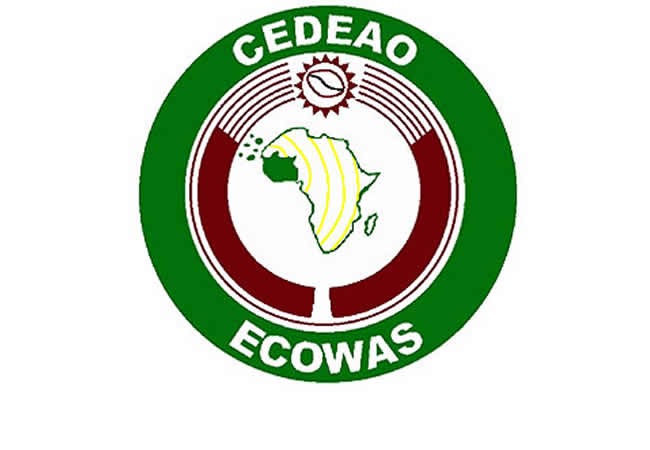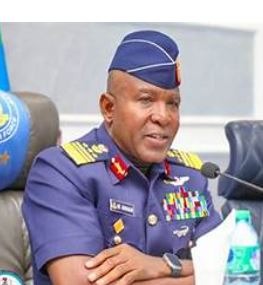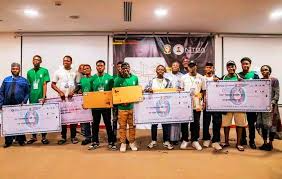Fifty-five athletes from 11 countries will compete for top honors in the ECOWAS African Traditional Wrestling Tournament in Abuja, with each nation fielding five wrestlers and four technical officials. The Federal Government also commended the ECOWAS as it officially declared open the 13th edition of the tournament, held in celebration of the regional body’s 50th …



